As a British former foreign correspondent in Moscow and Washington, there are few subjects I turn to with more trepidation than spying, and specifically the Russian variety. On the one hand, there is the 007 factor – the glamour, the martinis, and the derring-do – which colours perceptions on both sides. On the other is the awareness that espionage is a slithery, shape-shifting branch of human activity, where the only constant is that little is as it seems.
This is by way of a preface to the news – emblazoned on the front pages of most UK papers today – that three Bulgarian citizens, long resident in the UK, have been arrested and are accused of spying for Russia. They are scheduled to stand trial at the Old Bailey in January – an unusually speedy timetable, given the endemic delays in the English court system.
That said, it is worth looking at what we know – or rather what the UK authorities want us to know – and what we do not know. We have been told the names, ages and addresses of the three people arrested – Orlin Roussev, 45, of Great Yarmouth, Bizer Dzhambazov, 41 and Katrin Ivanova, 31, both of Harrow, north-west London – that they are Bulgarian citizens and have lived in the UK for more than ten years. We are told that Roussev was found with false documents for nearly a dozen countries and equipment to forge more. We are told that they masqueraded as journalists, with fake accreditation for two US television channels which they allegedly used to spy on targets in London, Germany and Montenegro.
This assemblage of facts is entirely plausible, but it also raises some questions. First the plausible side. Those named are said to be Bulgarian citizens. Settling in the UK would have presented no problems after Bulgaria joined the EU; the UK was a favoured destination because, unlike most other EU countries, it allowed entry and the right to work from the start. Bulgaria, with close linguistic and cultural ties to Russia – and part of the Warsaw Pact in Cold War times – would also have been a natural route for Russia to use to infiltrate spies. Russians would be able to ‘pass’ as Bulgarian without too many difficulties, while Bulgarians generally harbour less animosity towards Russia than many other East and Central Europeans.
The reports so far do not make clear whether the fake documents and equipment for producing them was exclusively for their own use or for sale or distribution to others. But neither is implausible. A few years ago, I visited what is now North Macedonia, and a lot of cab-driver chat there related to the ease with which people who wanted to move to the EU, and particularly the UK, could hop over the border into Bulgaria, and pick up a Bulgarian passport or faked documents that would enable them to apply for one.
There is also time-honoured precedent dating back to Soviet times for Russia to plant so-called sleeper-cells in Western countries, to be activated according to need. The most celebrated case of recent years concerned the group around Anna Chapman in the United States, who returned to Russia as heroes after a spy-swap in 2010 that would not have been out of place during the Cold War.
There is no reason to think this was an isolated case. Recently, suspected Russian spies were reported to be posing as an Argentinian couple living in Slovenia, while a Russian with a Brazilian passport was also detained in Brazil. But nor is there reason to believe that Russian spying has been particularly ramped up since Vladimir Putin became president, for all that he made his career in the KGB, or that it is something only Russia does. Espionage has been a permanent feature of international relations.
But the latest revelations about a Russian/Bulgarian spy-ring being ‘busted’ also raise other questions. One concerns the charges. As of now, it appears that the three face just one charge under the Identity Documents Act and have yet to enter a plea. It is not clear what relation this has to spying or whether other charges are pending. Another concerns their identity. Are they really Bulgarians, and if they are, do they have ‘settled status’ in the UK post-Brexit. Are they legally here?
Another relates to timing. The three charged were among five arrested in February, yet it is only now that this detail has been made public. There have been a flurry of media reports on suspect Russian activity lately, including the hack of the Electoral Commission – again, a much delayed admission, which was not officially tied to Russia.
I recall another case from 2017 that may or may not be relevant here. At the centre of this was Andrei Ryjenko, a Russian-UK dual national working for the EBRD in London, who was charged with bribery and money-laundering. The case took an interminable time to come to court, with many stops and starts, and was surrounded with secrecy. An interesting little sideline, however, which seemed to explain some of the delay, was evidence submitted in mitigation on the defendant’s behalf to the effect that UK agents had offered a plea bargain in a vain attempt to ‘turn’ him. Was this just a one-off?
Then there must be questions about the end purpose, and what happens next. There are times when the detention of a foreign national for spying can be used as diplomatic leverage. There is at least one individual currently held in Russia – the US reporter for the Wall Street Journal, Evan Gershkovich, who could be part of a swap. The UK might also have a view to the opposition figure and dual Russian-UK national, Vladimir Kara-Murza, who was recently given a 25 year sentence for treason, which included condemning the war in Ukraine. With formal channels to negotiate with Russia now mostly closed, it is not unheard of for countries to resort to other means.
There is no guarantee, however, that much will become clearer even if a trial does take place in January or at any time thereafter. How much of such a case will realistically be heard in open court? It will be the truth, but not necessarily the whole truth that comes out.
Got something to add? Join the discussion and comment below.
Get 10 issues for just $10
Subscribe to The Spectator Australia today for the next 10 magazine issues, plus full online access, for just $10.

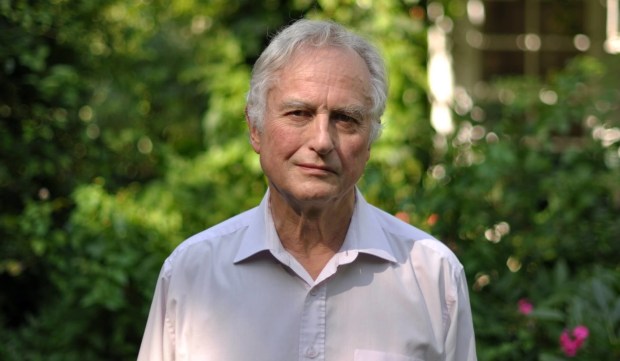

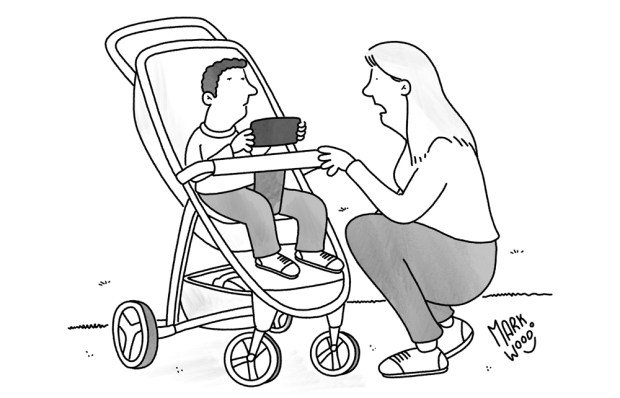
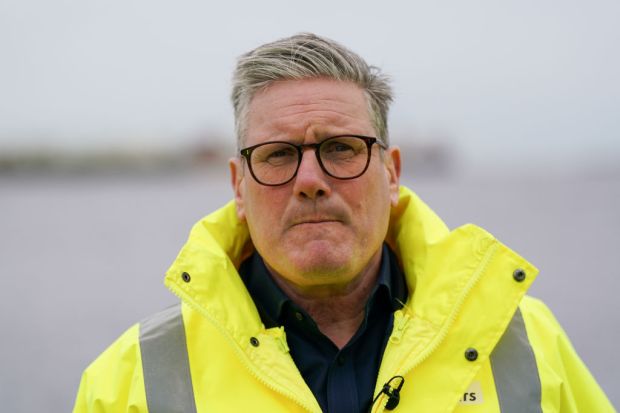
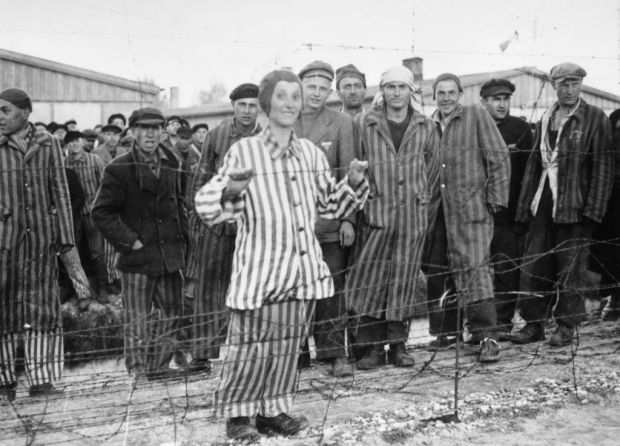
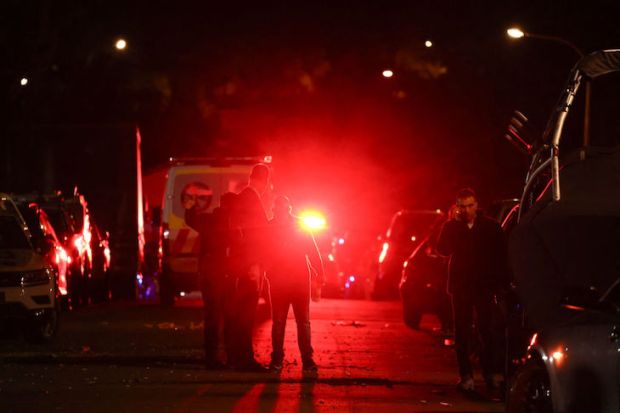












Comments
Don't miss out
Join the conversation with other Spectator Australia readers. Subscribe to leave a comment.
SUBSCRIBEAlready a subscriber? Log in